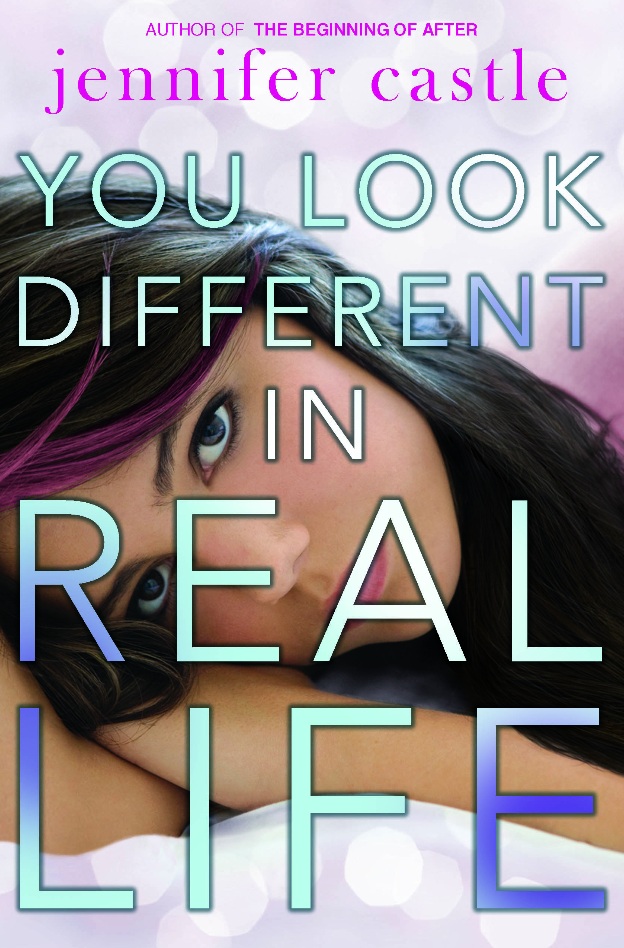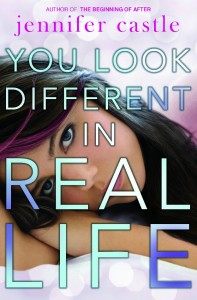

Most summers, when I’m lifeguarding, I’ll download whatever mind-numbing book is on sale on the Kindle store to avoid the unfortunate issue of sand between my pages.
This summer I picked up “You Look Different In Real Life” by Jennifer Castle one rainy-ish morning when no one was on the beach. The author’s name was familiar enough from an event hosted at Inquiring Minds in town and it was cheap.
What was interesting about this book, though, was that as I read, the setting seemed very real. The deeper I got into the descriptions of the coffee house full of “loud but not funny” college students, the crowded bus station, rail trail and record stores, the more at home I started to feel, oddly enough.
That’s when I just had to Google where this book was supposed to take place and it made sense. It was New Paltz.
I can’t lie, that’s probably one of the few reasons I kept reading.
For me, the story had parts that worked. The premise of a group of kids raised in front of documentary cameras reminded me a bit of PBS “An American Family” (which I think Castle was going for when she named one of the filmmakers after Lance Loud from the series.) It grappled a bit with the issues of perception and identity that are paired with the eerie Big Brother-flavored camera presence.
The story follows Justine, the sixteen-year-old protagonist, as she returns for another documentary in a series she’s been in since she was in kindergarden. Along with four of her other classmates, she starred in “Five at Five,” “Five at Eleven” and now “Five at Sixteen.”
Through her narrative, you get a glimpse at the different, often-complicated events that took place during those periods — more or less watching five cheerful kids grow into their angsty adult skin through prose.
Justine talks about her past self, her ambitions and plans and energy with this mournful, wistful tone. Her reactions to her self, paired with her reactions to audience reception of herself as a child were particularly jarring.
I think the novel manages to say most in those quiet moments of reflection on what it means to have — or even waste potential when you’re so young.
